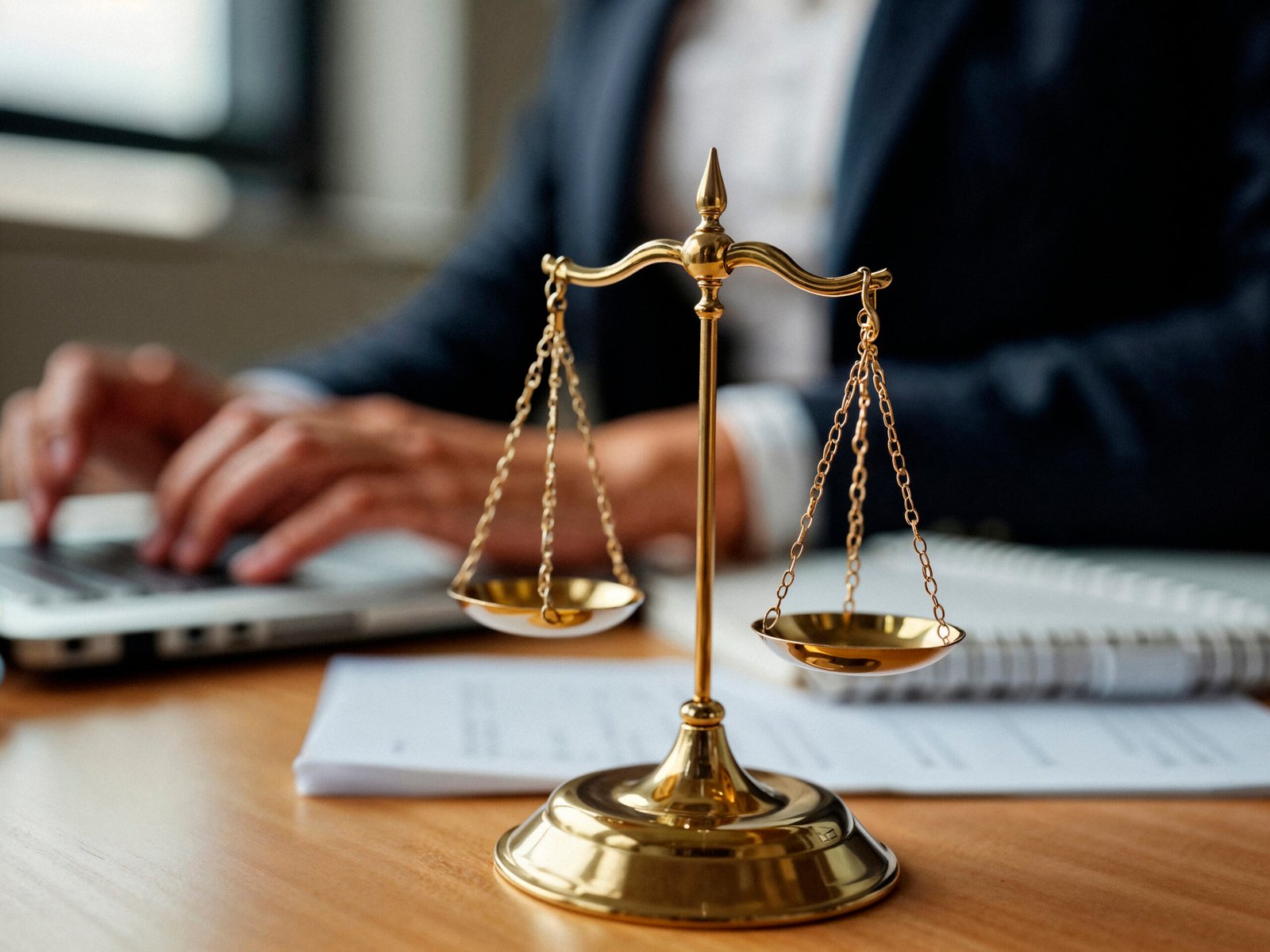Anticipatory Bail in Cases Of 498a

Possibility of Getting Anticipatory Bail in Cases Of 498a
The offense underSection 498A in IPC is serious andhas serious consequences.This is a prosecutable offense,which means that the police must file an FIR against the defendant as soon as a complaint is received from the injured woman or her family members.This offense is not an aggravating circumstance,meaning that the parties cannot come to an agreement and withdraw the law suit.It is also non-binding,which means that the accused cannot be released on bail. Because there is no bail for this crime,the police have the right to arrest the accused,the accused has no choice but to apply to the court for anticipatory Bail in cases of 498a of the Code criminal proceedings.Early bail is aremedy that may be sought bys omeone who fearsbeing arrested for a crime of not being bailed.The defendant must apply for early release in the appropriate court,which may be either the Magistrates’Court or the High Court,depending on the facts and circumstance soft he case.
Judgment of Supreme Court for 498a bail
There have been several judgments by the Supreme Court of India that have regulated illegal arrests under section 498a in IPC. Some of the significant judgments are:
In 2014, the Supreme Court of India delivered a landmark judgment in the case of Arnesh Kumar vs State of Bihar. The case involved the question of whether an accused person could be arrested in a non-bailable offense without the need for an inquiry or investigation. The Supreme Court, in this judgment, laid down the following guidelines to be followed in cases of arrest:
An accused person should not be arrested in a non-bailable offense unless there is a reasonable belief that the person has committed the offense.
-
-
- The reasons for the arrest must be recorded in writing, and the person making the arrest must inform the accused person of the grounds of arrest.
-
-
-
- The accused person has the right to seek legal representation and to be medically examined.
-
-
-
- The police officer making the arrest must inform the accused person that he has a right to apply for bail and must also inform him about the procedure for applying for Bail in 498a.
-
-
-
- The Arnesh Kumar judgment is significant because it seeks to protect the fundamental rights of citizens from arbitrary and unjustified arrests by the police.
-
In 2017, the Supreme Court of India delivered a judgment in the case of Rajesh Sharma vs State of UP. The case involved the question of whether section 498A in IPC was being misused by women to harass their husbands and in-laws. Section 498A in IPC deals with cruelty by a husband or his relatives towards a woman. The section was introduced to protect women from dowry harassment, but it was alleged that the provision was being misused to harass innocent people.
-
-
- The Supreme Court, in this judgment, laid down the following guidelines to be followed in cases involving Section 498A in IPC
-
-
-
- Complaints made under Section 498A of the IPC must be scrutinized carefully to prevent the harassment of innocent people.
-
-
-
- The police must conduct a preliminary investigation before making any arrests.
-
-
-
- Arrests can only be made if the police officer has reason to believe that the accused person is guilty of an offense under Section 498A in IPC.
-
-
-
- Bail must be granted in cases where the accused person is not likely to abscond or tamper with evidence.
-
The Rajesh Sharma judgment is significant because it seeks to prevent the misuse of section 498A in IPC while also protecting the rights of women who are victims of dowry harassment.
Anticipatory Bail in cases of 498A
Before the Arnesh Kumar judgment, it was difficult for accused persons to obtain anticipatory bail in cases of 498A. This was because the police would often arrest the accused persons before conducting an investigation. The Supreme Court, in the Arnesh Kumar judgment, laid down guidelines to prevent such arbitrary arrests. The guidelines stated that an accused person should not be arrested in a non-bailable offense without a reasonable belief that the person has committed the offense. The police officer making the arrest must also inform the accused person about their right to apply for bail in 498A and the procedure for doing so.
Bail in 498A
In the Rajesh Sharma judgment, the Supreme Court laid down guidelines for the granting of a 498A bail in cases under Section 498A in IPC. The court stated that complaints made under Section 498A of the IPC must be scrutinized carefully to prevent the harassment of innocent people. The police must conduct a preliminary investigation before making any arrests. Arrests can only be made if the police officer has reason to believe that the accused person is guilty of an offense under Section 498A in IPC. The court also stated that bail must be granted in cases where the accused person is not likely to abscond or tamper with evidence. Accused persons can obtain bail in 498A cases if they can show that they are not a flight risk and will not interfere with the investigation.
Best lawyer in Delhi Anticipatory Bail in cases of 498a
The Bail in 498a application is filed before the appropriate court along with all necessary documents and evidence in support of the application. The court then reviews the application and considers various factors, including the nature of the offense, the evidence against the accused, and the likelihood of the accused absconding or tampering with evidence. The court then decides whether to grant bail or not. The best 498a bail lawyer at the matrimonial Lawyers firm, run by AdvocateAmanChawla, not only possess the essential legal expertise but also understand the process of 498a bail cases. We offer compassionate and empathetic help to our clients throughout the legal process. We provide our clients with the best possible legal representation and work tirelessly to ensure that clients receive the justice they deserve. We provide legal specialization with best 498a bail lawyer in Delhi to individuals questing help with bail in 498Acases. We are capable of handling complex cases with utmost proficiency and have years of experience in representing domestic violence victims in court.
